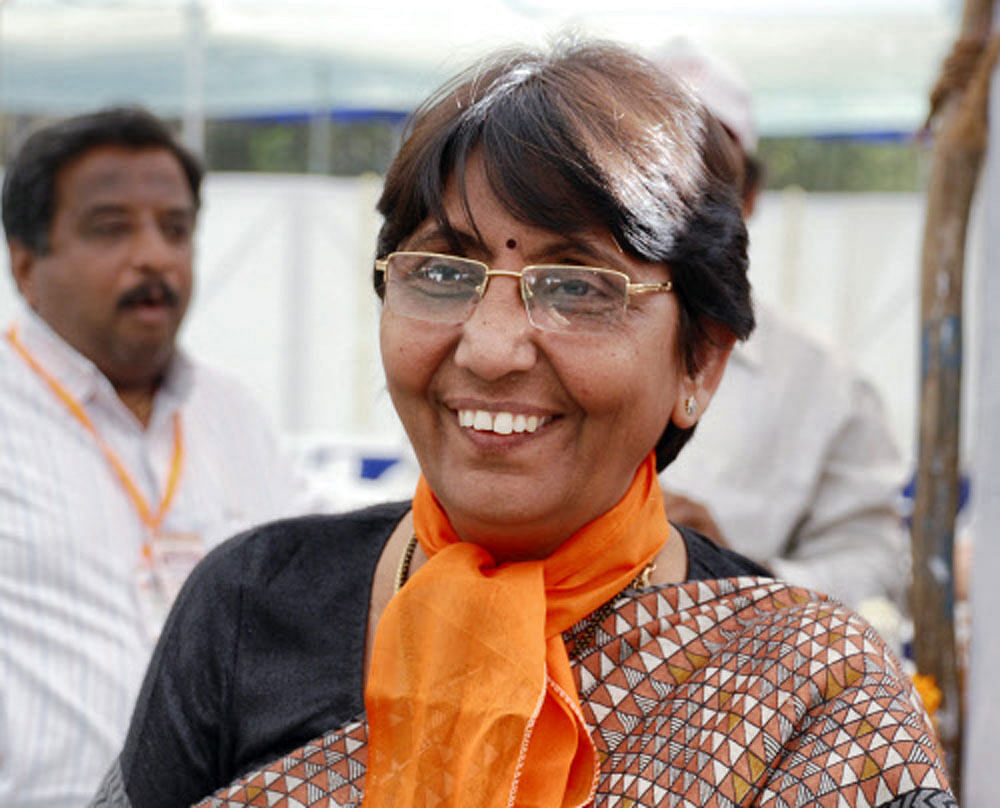
The acquittal of former Gujarat minister Maya Kodnani, along with 17 others, by the Gujarat high court in the 2002 Naroda Patia massacre case is on unconvincing grounds and again raises serious questions about the fairness of the judicial decisions in the post-Godhra riot cases. The Naroda Patia massacre, in which 97 Muslims, including women and children, were killed, was among the worst incidents of the 2002 carnage. Kodnani had been convicted by the trial court and sentenced to 28 years in jail. It is not usual that a person who gets such a harsh punishment gets cleared of all charges on appeal. The charges against her had included inciting rioters to attack Muslims, handing out swords to them and even firing a pistol. Witnesses had made statements confirming these charges and the trial court had found them convincing enough to convict her. The court described her as “the kingpin of the riots.”
The high court has held that the witness statements were inconsistent and failed to prove Kodnani’s guilt beyond doubt. But it was the men of the state police, who have always favoured the accused in the Gujarat riot cases, that denied seeing her with the mob. Others, like BJP president Amit Shah, also gave her an alibi. These were used to counter eyewitness statements and thus Kodnani got an unfair benefit of doubt. The court also found it unacceptable that she was made an accused at a late stage in the case. It failed to appreciate that the Gujarat police had refused to file cases against many, including Kodnani, who was a minister, and actually shielded them. It was only after the Supreme Court appointed a Special Investigation Team (SIT) that the cases moved forward. It was the SIT that filed charges against her and this cannot be considered an afterthought.
The prosecution had even demanded the death sentence for Kodnani, and so the judicial turn now is surprising. The judgement is in line with many other decisions in the Gujarat riot cases in which the accused have got away with little or no punishment. This lowers the credibility of the judiciary. The victims feel that they have been denied justice. Kodnani has hardly spent any time in jail as she managed to secure bail on grounds of poor health. It should be noted that the court sharply criticised the state government, calling it a reluctant agency which only “paid lip service” to the case, never opposing the bail applications of convicts “in heinous crimes”. The high court’s acquittal decision should be appealed in the Supreme Court in order that justice may finally prevail in the case.